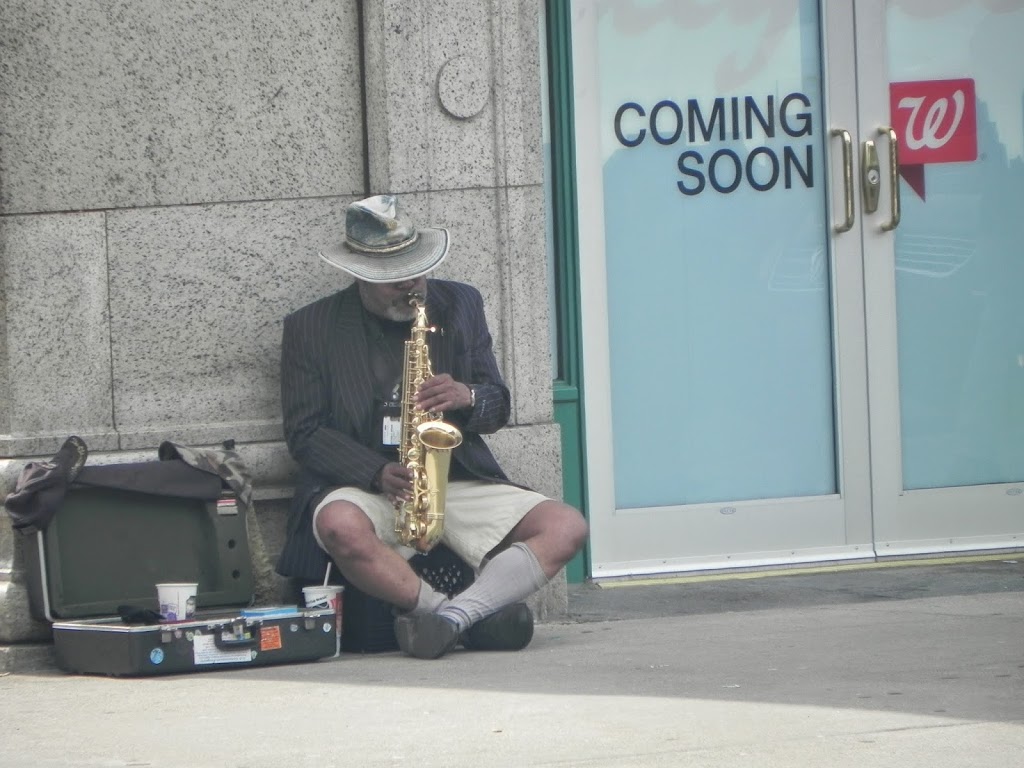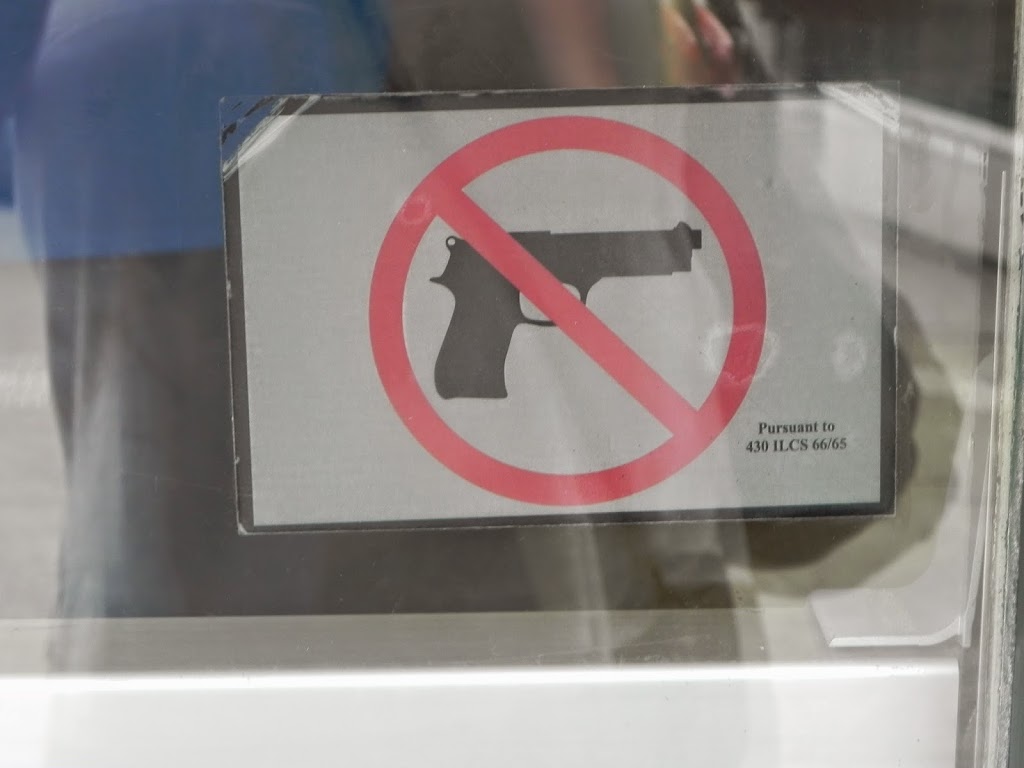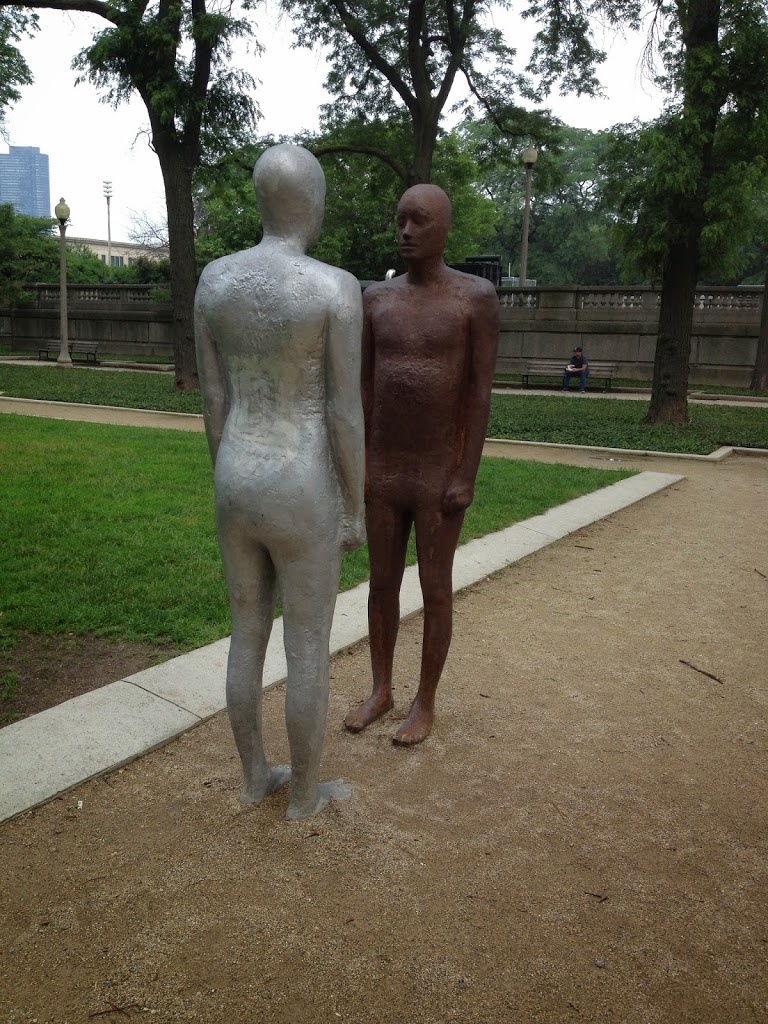I’m on the flight home from Chicago, and the young girl beside me is singing. I’d been on a research trip where I spent a wonderful day driving around with my cousin Mike, visiting neighborhoods I hadn’t been to in half my life, standing in front of my grandmother’s apartment building, riding the city’s rails, remembering the pavement under my feet.
I was putting the finishing touches on the novel I’d spent the past two decades working on. It seems as if I began it in another life, but the Jazz Palace, the story of a white piano player and a black trumpeter, will finally see the light of day next spring. And I’d come to get my Chicago geography right.
I’d forgotten so much about my hometown and in fact as I said to Mike, I feel as if I’m trying to remember a place I never knew. The city of my novel hasn’t existed since before I was born. But the fact remains that the South Side of Chicago is nothing like the North Side. That hasn’t changed since the first wave of black migration to the north. Chicago is still, in my opinion, a divided city. (A good book to read on this subject is Black Metropolis by St. Clair Drake and Horace Cayton)
It wasn’t lost on me that it’s fifty years since Freedom Summer – when volunteers flocked to Mississippi to help register blacks. It’s fifty years since Johnson signed the Civil Rights Acts into law as well as the Voter Registration Act. I’m remembering all those years of turmoil from James Meredith enrolling at the University of Mississippi to the assassination of Martin Luther King. I’m thinking of the history of my city, my country and my youth as I ride up and down Chicago from Lawrence Avenue to 47th Street and back again.
It’s been years since my friends and I used to come down to the South Side of Chicago to hear the black entertainers at the Regal Theater (something my parents never knew about and would have grounded me for weeks if they’d known, never mind that my father used to hang out in the black and tans all during his youth and my mother did her share of clubbing as well). Or since we went to the Lyric Opera auditorium to hear Martin Luther King talk about freedom and what it meant to be black in America. He talked about dignity and he told us that as long as one man isn’t free, the rest of us aren’t either.
Words that have never left me.
On the flight home I sit next to the girl. She’s got the window and I’m on the aisle. There’s nobody between us. She’s black, she’s young, and seems to be alone. I have work to do and just say hi. She barely gives me a nod, but as soon as we take off she starts singing. The singing doesn’t seem to be about or connected to anything. She isn’t wearing headphones. She’s just singing.
I find it a bit distracting so I decide that maybe she’s nervous. I start to talk to her. I ask her if she lives in New York or if she’s just visiting. She’s just visiting, she tells me in a whisper. I ask if she’s flown before and she has. That morning. I ask if she’s alone and she points to a large black woman seated on the window across the aisle. “My auntie.”
I wonder why they aren’t sitting together or even near one another. Perhaps they both want window seats. It’s an odd configuration, but it is what it is. I smile and go back to my work, but a moment later she starts singing again. The drink carts are coming around so I put my work away. The girl is staring at me with big, wide eyes so I ask her how old she is. She’s only ten and her name. Skylar. We chat a bit. I tell her I’m a teacher which I am part of the time. She’s only just finished 5th grade.
“Are you from Chicago?” I asked her.
And she looked at me with those big eyes. ‘I’m from Hattiesburg, Mississippi,” Skylar told me. She had never been north before.
Then I started to ask her all those silly questions that adults always ask kids when you don’t know what else to say. “And what do you want to study when you grow up?”
Now Skylar perked up. “I want to be a nurse,” she told me.
“I bet you’d make a good nurse,” I told her.
“Or a lawyer. I might want to be a lawyer.”
I nodded. “I bet you’d make a good lawyer too.”
Now she was smiling, animated. “And I know where I’m going to go to school.”
“And where’s that, Skylar?” I asked her.
“I’m going to go to Ole’ Miss.”
I’d be lying if I said that this moment didn’t choke me up. If I didn’t hold back my tears because everything, all of it, that whole past from 50 years ago, I relived it right then. I was wondering if she could know, if she could possibly know, how improbable such a statement would have been fifty years ago. I was relieved to see the lights shining outside the plane. “Look,” I said, “that’s New York City.” And she gazed out the window, humming to herself, for the rest of the flight home. And for the rest of the flight we both gazed out the window as the city loomed. And Skylar kept singing.
Later as I recounted the story of Skylar to my daughter, Kate, we both wound up with tears in our eyes. I said to Kate that Skylar had no idea how far things had come, how much history is behind her, for her to be able to say those words. And Kate in her wisdom replied, “Maybe she does.”




Leave a Reply